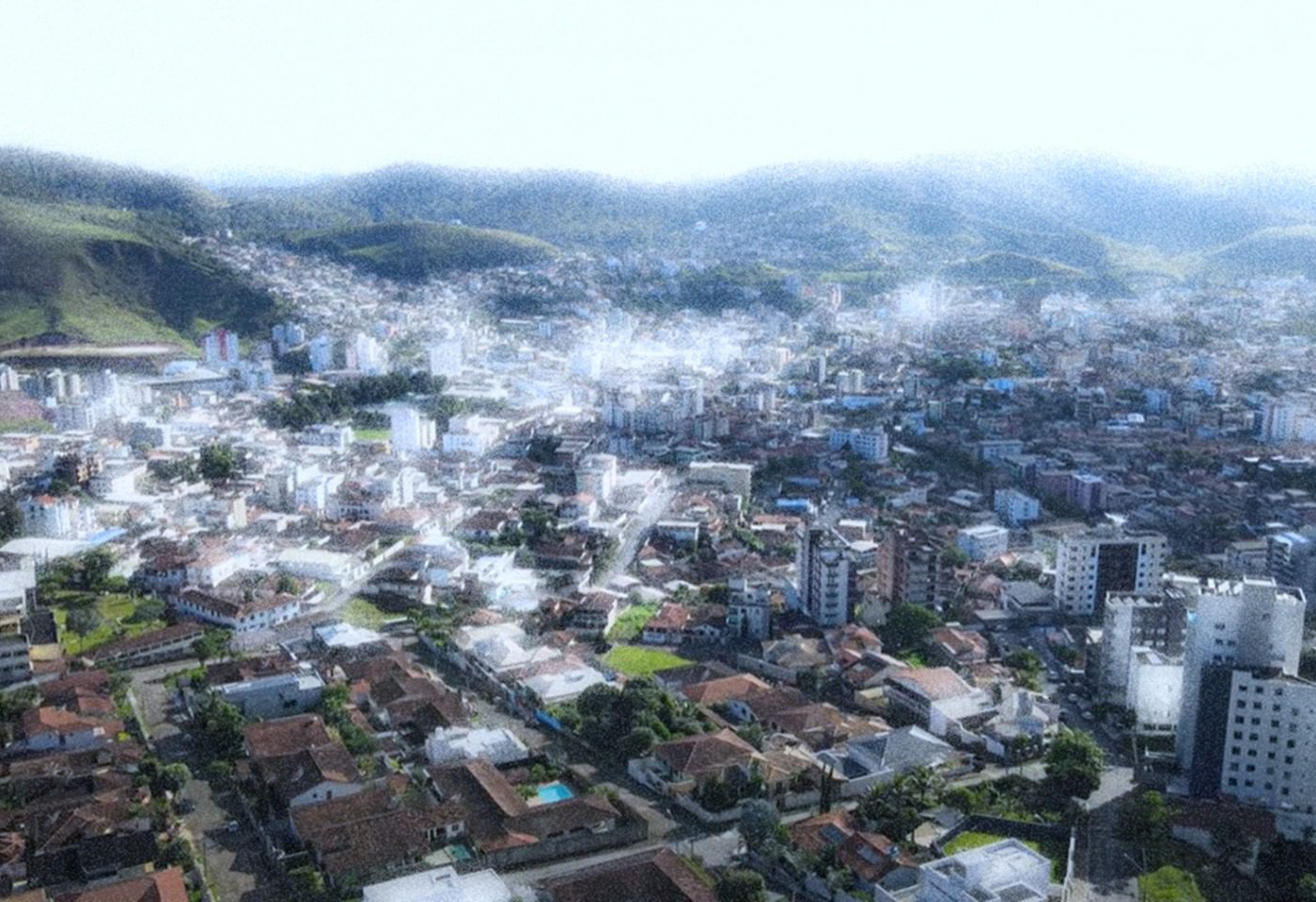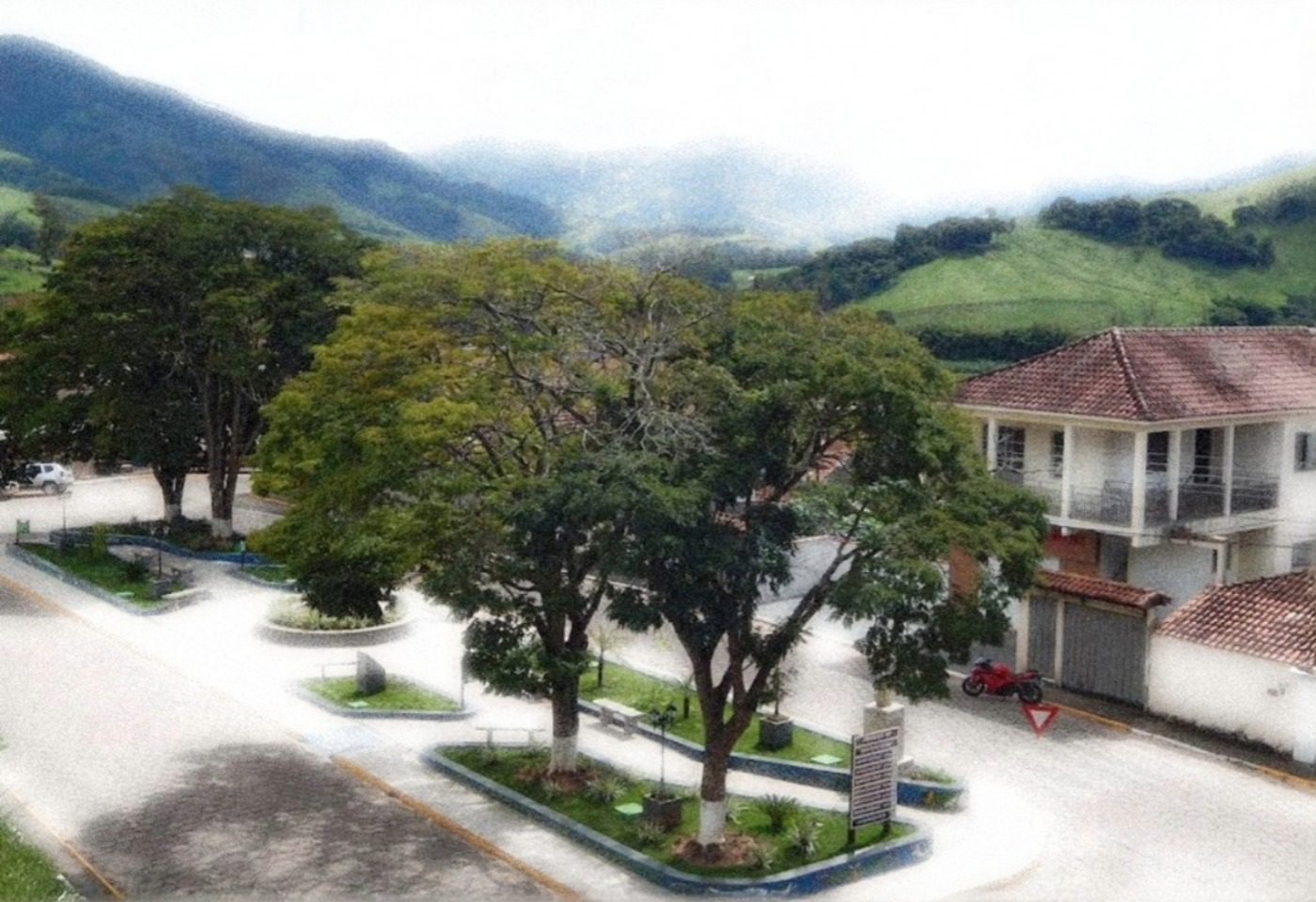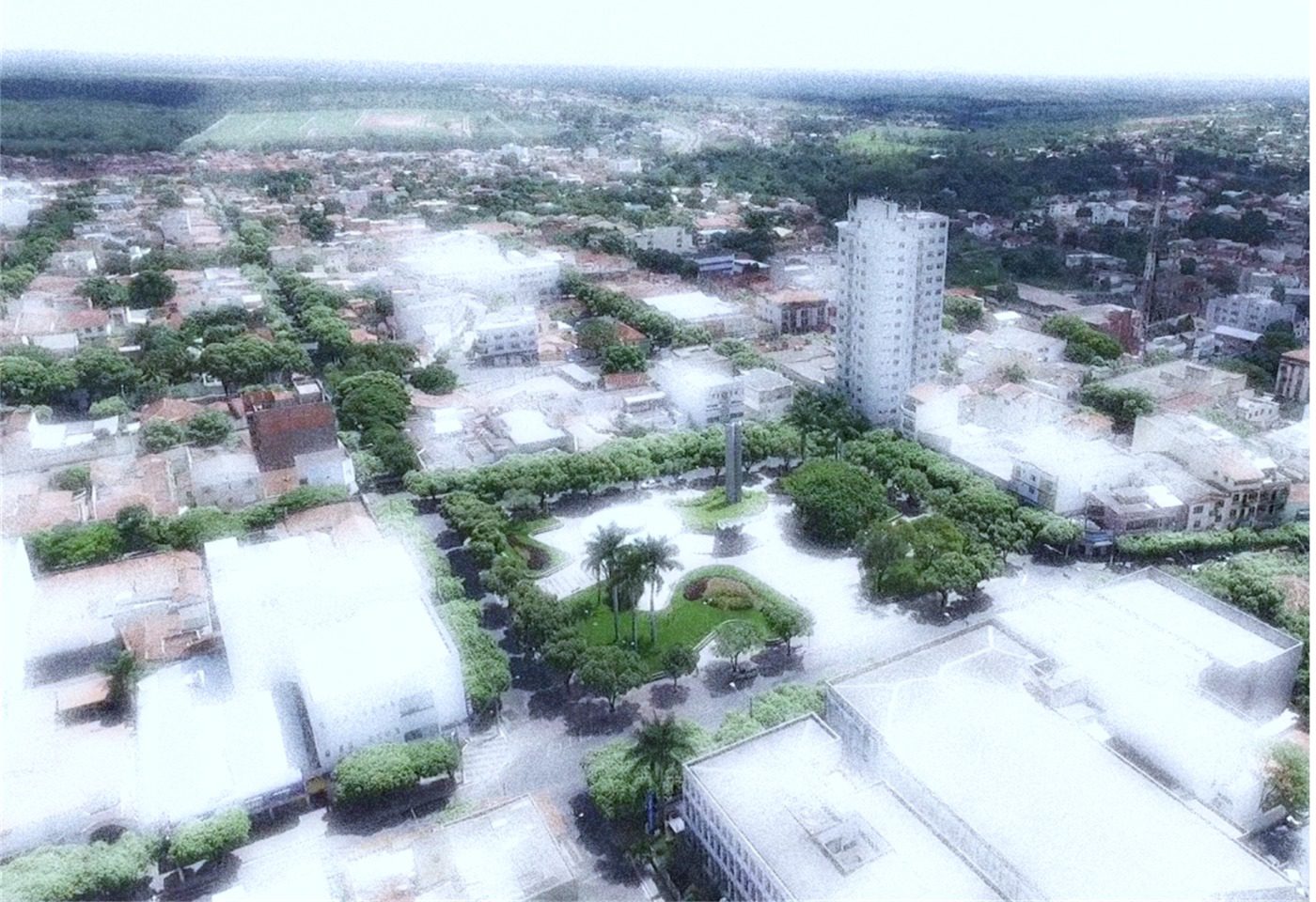CLIMATIVA, comprised of two major phases, facilitates a cross-cutting approach within municipal public administration for the participatory and autonomous development of the PAC. This method brings the population that is invariably affected by the consequences of extreme events into the development of responses to the climate crisis.
During the risk assessment stage, data on the territory's characterization, damaging events, climate projections, public policies, infrastructure, and land use are analyzed to obtain an initial indication of climate risks. Subsequently, two additional assessments of territorial climate risks are conducted through participatory workshops. A first set of workshops seeks to understand the situation through the eyes of technicians working with the municipal administration, and a second set through the voice of the population. The result of the first stage is a collectively constructed climate risk assessment, from which recommendations for climate actions relevant to that context are made. This initial filtering of actions is used for prioritization by the population and, subsequently, for the technical details and drafting of the PAC.
It is recommended that the process be initiated by the municipal government, which is responsible for implementing and monitoring the PAC. However, the PAC's development work is led by a management group composed of municipal technicians and civil society representatives. In addition to lending greater legitimacy to the PAC, this partnership proves essential for broadening the municipal vision of the climate crisis's challenges and expanding the range of possible responses for the region.
Vacancies: 25
Free
Registration
Registrations must be made by form available here.
Priority will be given to public servants and people working professionally in small and medium-sized cities.
Registration will be open until September 24, 2025.




